17 Months Old: Development Milestones, Sleep Patterns & Food

17 months for your little baby is that exciting time in life when toddlers are beginning to try out a lot of new things. At this stage, they become more active, curious, and eager to explore their surroundings. You will notice significant development in their physical, behavioural, and social skills as well. They may begin to experiment with words, form simple sentences, and even show interest in helping with tasks. It is important to keep track of your baby’s growth, as this helps ensure they are reaching important milestones. This guide will help you understand the key 17-month-old milestones and how to support your toddler’s development.
17-Month-Old Toddler Development
There are so many 17-month-old development milestones that your child will start achieving at this stage. You will be happy to see the sudden enhancement of all skills in your little baby. At times, you will be surprised at how she is doing things on her own, and at times you will also get upset because your child is not really listening to you and following your instructions. Well, don’t force your instructions on your child. Rather, allow her to make little decisions and intrude only when you think her decisions are not safe.
Physical Development
This is the stage when your little one’s physical development has suddenly improved. Some milestones at 17 months that you notice are
- She is actually able to walk by herself and will also insist on independently walking.
- At times, you will notice your baby trying to sneak out of bed all by herself.
- Your child will also experiment with climbing on things. And this could be your furniture, your bed or anything that is high.
- By now, you will notice how your child uses her hands to hold things and to eat. You can even notice which hand she prefers at this point.
It is important to allow her to practice these things, but at the same time, watch out for the risks. To be on the safer side, mark out places that are unsafe and communicate them with your child. Although your child might not reciprocate your instructions, over time, she will be able to identify the danger zone.
Social and Emotional Development
- During this phase, your little one will be exploring relationships and will start to recognize familiar faces as well.
- Your child may use physical measures such as hitting and biting when she is frustrated. Her anger, her happiness, her sorrow, all of it is crystal clear. She has learned the art of communicating how she is feeling.
- Another social behaviour that you can spot in your baby is that she will be able to recognize other people quite easily now. She knows your neighbour, your friends and the people you meet quite often. Sometimes she can seem antisocial, but allow her to take her time and interact. Avoid forcing children to talk and be social. They will find their way to make friends and interact in their own time and pace.
- You will also notice how your toddler is quite possessive about you. This can happen because of separation anxiety which many children go through as they grow up. They have the feeling that they will soon be separated from their parents. You can help them fight this by encouraging them and being very kind and supportive. Assure them that you are next to them when they feel that way.
Although you are happy about these huge 17-month-old baby milestones, you might get frustrated at times by the way she is growing out of your control. It might get really difficult to get her to listen to you. These are things most parents go through. What you could do to overcome it is patient and do not lose your cool. By getting angry or shouting, you might be making things worse.
Cognitive and Language Development
- This is the stage when babies start exploring language and start saying new words. Well, some words might not even sound right.
- It will take you a while to get used to how and what she is saying. Sometimes, they will even learn multiple words during this stage in life.
- Little things will also fascinate her quite fast. Even if you are chopping your vegetables or if you are pouring her some water, she might be a keen observer.
Behaviour
You will even notice that children of this age start making small decisions. It is important to allow them to do so, and also help them if they are struggling with it. As the child grows up, you will start seeing her ignoring your orders and making her own decisions. This is absolutely fine. By now you must allow her to explore and figure out her way through little things instead of you giving her orders every other minute. However, watch out for things that are not safe and make sure to correct your little one kindly if required.
Always remember that this is the stage when the baby is experimenting with things, and so it is better to keep her away from what is dangerous and unhealthy, like a hot cup of tea or other poisonous things that are in the house.
Food and Nutrition
When it comes to eating habits and food for a 17-month-old, you got to be a wise as this is the age when your little one is growing, and she really needs enough nutrients to keep her going and growing.
However, when it comes to food, you might struggle to feed your little baby. Again, you will notice how your little child used to eat a lot better when she was younger. But suddenly things have changed. You have to run around the house just to feed your little kid. At times, this might be extremely frustrating as well.
One thing you can do at this stage is to give your little child smaller portions throughout the day. Some great food options for your 17-month-old baby are fruits, whole milk, cheese, vegetables, yoghurt, porridge, meat etc.
By now you don’t have to restrict too many food options as your little one would have learned to eat, and the body would have started digesting them well too. However, make sure you are able to give your baby healthy food as she needs a lot of energy during this phase of life.
Mealtime and Menus
It’s completely normal for toddlers to go through phases of being picky eaters, as this is a typical part of their development. Here are some tips and strategies to manage your toddler’s pickiness and make mealtimes enjoyable:
1. Don’t Force Your Toddler to Eat
The more you urge or insist that your child eat a certain food or meal, the more she will resist it. It’s important to create a positive atmosphere around food and let her explore at her own pace.
2. Give Your Toddler Menu Options
Offer your toddler a few healthy food choices, even if she’s being picky. She’s bound to choose one of them. However, if she doesn’t want to eat, save her plate for later when she gets hungry. A toddler during this time typically eats three small meals and two snacks per day.
3. Incorporate New Foods Gradually
Introduce new foods in small portions alongside familiar favorites. This makes the new food less intimidating and encourages your toddler to try new things at their own pace.
4. Make Mealtime Interactive
Let your toddler help with simple tasks like stirring or setting the table. This increases their interest in the meal and can make them more excited to eat.
5. Create a Consistent Mealtime Routine
Try to serve meals and snacks at regular times each day. Having a predictable mealtime routine helps your toddler know when to expect food and reduces the chances of them becoming overly hungry or picky.
6. Avoid Distractions During Meals
Encourage your toddler to focus on eating by limiting distractions such as TV, phones, or toys during mealtime. This helps them enjoy the food and be more mindful of their hunger cues.
Sleeping
When it comes to sleeping, your tiny toddler needs as much sleeping as she used to get when she was younger. Which means she should be getting around 14 hours of sleep. 17-month-old sleep is extremely important in your little one’s development so make sure not to deny your little one sleep.
When your baby is around this age, you might also find it difficult to put her to sleep. You might be surprised because all this while your baby was sleeping so peacefully, but suddenly she is cribbing about sleep.
This is something that most parents undergo and it is called the 18-month sleep regression. You will realize that she is waking up in the night, crying, and sometimes putting her to sleep also will seem like a huge task at hand. You might find it really difficult to control her sleeping patterns. If this is something, you are going through. It is called the sleep regression that babies of around 17 to 18 months go through.
There are quite a few reasons that explain this regression from a peaceful sleep to this disrupted patterns of sleep. Well, some of the reasons are
- Your little one is now making important decisions in life. This means she is also practising her independence by not choosing to sleep when she has to.
- Separation anxiety is a real problem for little babies who are around this age. So your little child might be staying awake so that she does not have to stay away from you. You can shower her with love and assure her that you are right there by her side.
Play and Activities
By the time your little angel is 17 months old, you will notice how they are quite seriously engaged in playful activities. In fact, this is the one thing that increases your little one’s creativity. So make sure to encourage her to play.
You will notice your little baby dancing and enjoy physical movements in general. This is the period when quite a few motor skills are developing. She will be able to play with blocks and even separate blocks based on colours and shapes.
The other things that you will notice your toddler doing are running, kicking and sometimes jumping even.
Tips for Parents
This is a stage in life when parents witness a lot of changes. At times, you might feel extremely overwhelmed, and you have no idea what to do with your child. Take joy in these little things as your child is learning to be more independent. Some of the things that you must keep in mind are
- Visit a doctor if you see anything unusual in her health.
- Some children might not be as fast as other children. This is absolutely fine, just give your little one some time. If it is stressing you out the meet with a doctor.
- Taking this time to teach your child little things like new words, habits and patterns can also go a long way.
Consult a Doctor If
When children grow, their bodies are still adjusting to a lot of new things. This can lead to them falling sick. Some of the signs are:
- Allergic reactions like rashes
- Indigestion
- High fever
- Skin problems
- Falling sick quite often
FAQs
1. Is it normal for a 17-month-old to start mimicking animals?
At 17 months, toddlers may start imitating animal sounds or movements, which is a sign of developing social and cognitive skills. They might even pretend to be animals during play, such as crawling like a dog or flapping arms like a bird.
2. Can a 17-month-old develop an interest in sorting objects?
Some 17-month-olds may begin to show an interest in sorting or categorising objects, such as grouping toys by colour, shape, or size. This is an early sign of problem-solving and cognitive development, and you can encourage this behaviour with age-appropriate sorting games.
3. Why does my 17-month-old suddenly start hoarding or hiding objects?
At this age, toddlers often develop the tendency to hoard or hide toys, food, or even clothing. This is typically linked to the development of possessiveness and their understanding of ownership. It’s part of their exploration of control over their environment.
4. Is it common for a 17-month-old to resist walking on certain surfaces?
It is not unusual for some 17-month-olds to show hesitation or resistance when walking on new surfaces, such as grass, sand, or tiles. This is often due to their growing awareness of texture and the new sensory experiences of walking on different surfaces. It can take a little time for them to become comfortable with these new sensations.
This was our 17-month-old development checklist. This is the time to celebrate and be happy for your little one who is growing really fast. Don’t try too much even if the child is going out of control. This stage will pass by quite fast. Your little one will soon be more mature, and you will be able to communicate a lot better with her. Learn to be patient and enjoy the stage by spending quality time with your tiny tot.
Always remember that this is the age of development and growth and it is extremely important to be there and help your little one go through this phase.
References/Resources:
1. Important Milestones: Your Child By Eighteen Months; CDC; https://www.cdc.gov/ncbddd/actearly/milestones/milestones-18mo.html
2. How to Ease Your Child’s Separation Anxiety; American Academy of Pediatrics; https://www.healthychildren.org/English/ages-stages/toddler/Pages/Soothing-Your-Childs-Separation-Anxiety.aspx
3. 13-18 Months Milestones; Pathways.org.; https://pathways.org/growth-development/13-18-months/milestones/
4. Reading Books to Babies; Nemours Kids Health; https://kidshealth.org/en/parents/reading-babies.html
5. Top Tips for Surviving Tantrums; American Academy of Pediatrics; https://www.healthychildren.org/English/family-life/family-dynamics/communication-discipline/Pages/Temper-Tantrums.aspx
6. Toilet Training; Nemours Kids Health; https://kidshealth.org/en/parents/toilet-teaching.html
7. Serving Sizes for Toddlers; American Academy of Pediatrics; https://www.healthychildren.org/English/ages-stages/toddler/nutrition/Pages/Serving-Sizes-for-Toddlers.aspx
Also Read:
15 Month Old Growth
16 Month Old Growth and Development
18 Month Old Baby Growth and Development
Was This Article Helpful?
Parenting is a huge responsibility, for you as a caregiver, but also for us as a parenting content platform. We understand that and take our responsibility of creating credible content seriously. FirstCry Parenting articles are written and published only after extensive research using factually sound references to deliver quality content that is accurate, validated by experts, and completely reliable. To understand how we go about creating content that is credible, read our editorial policy here.







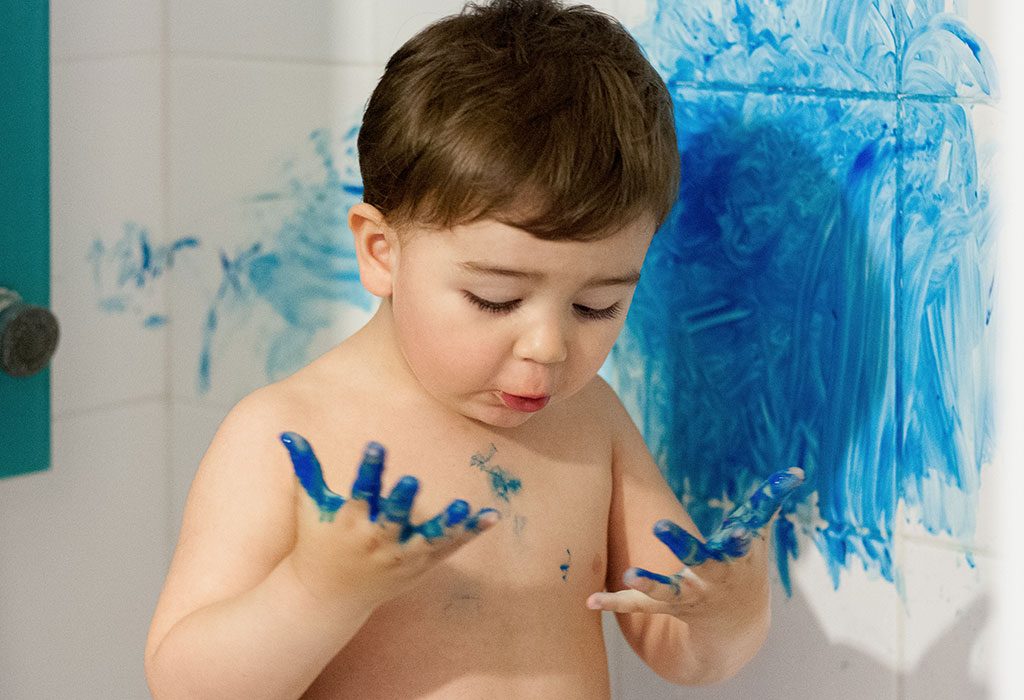
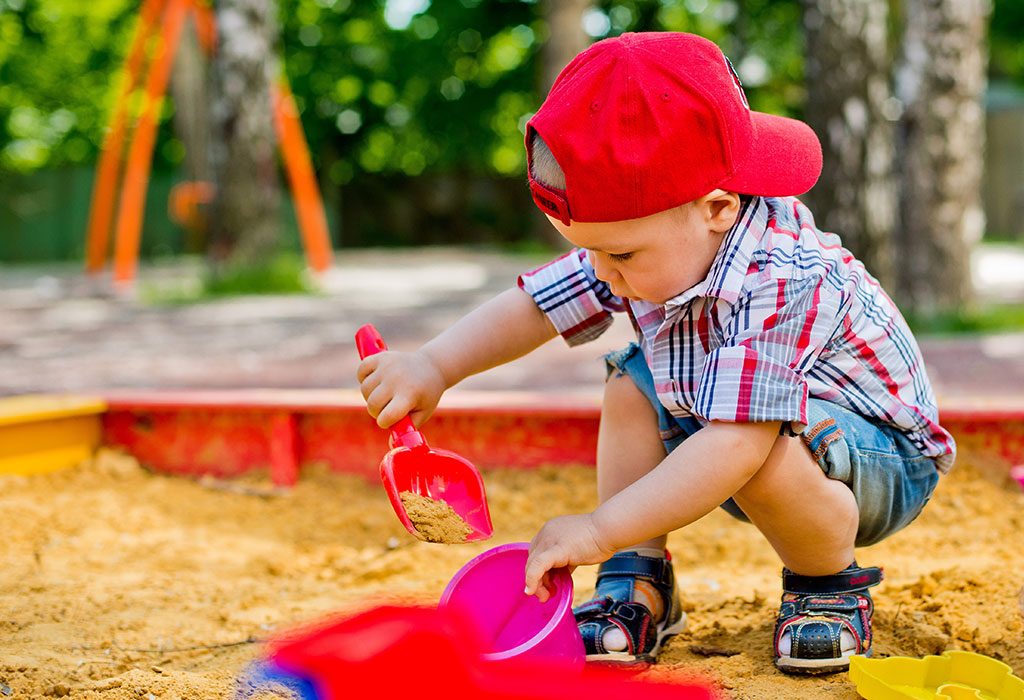
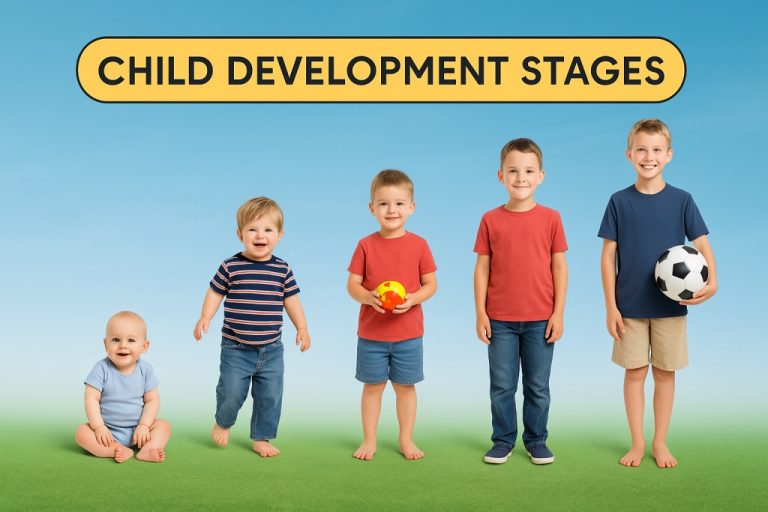
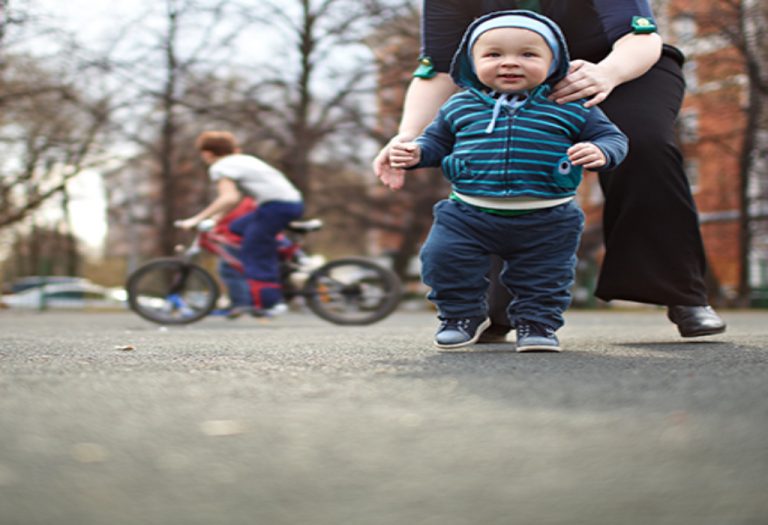
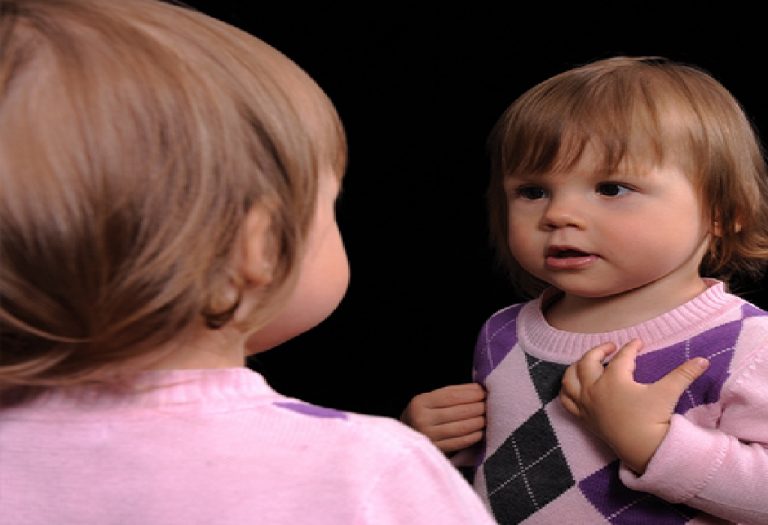
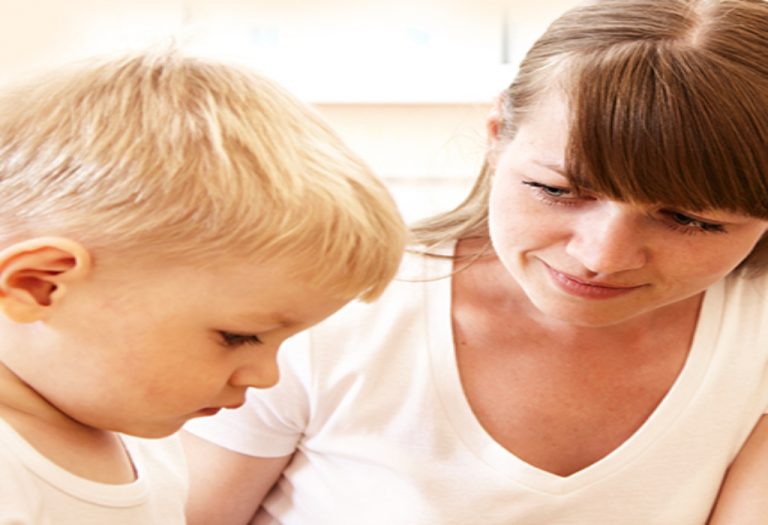



.svg)
















